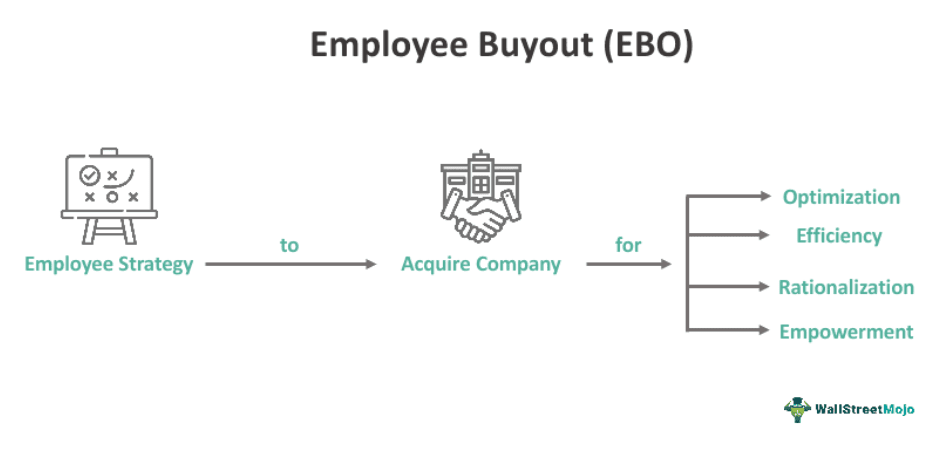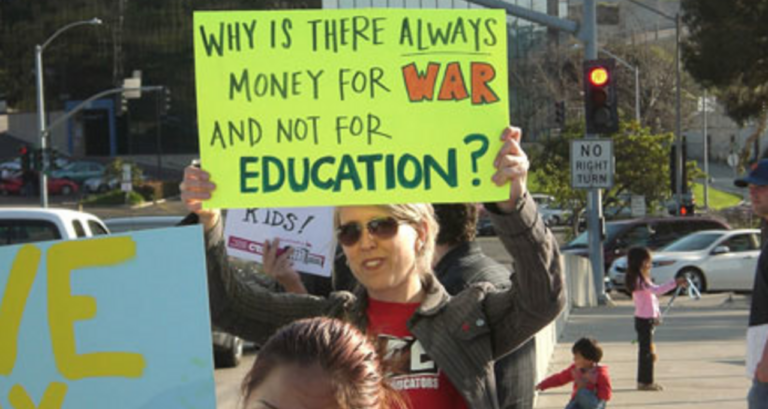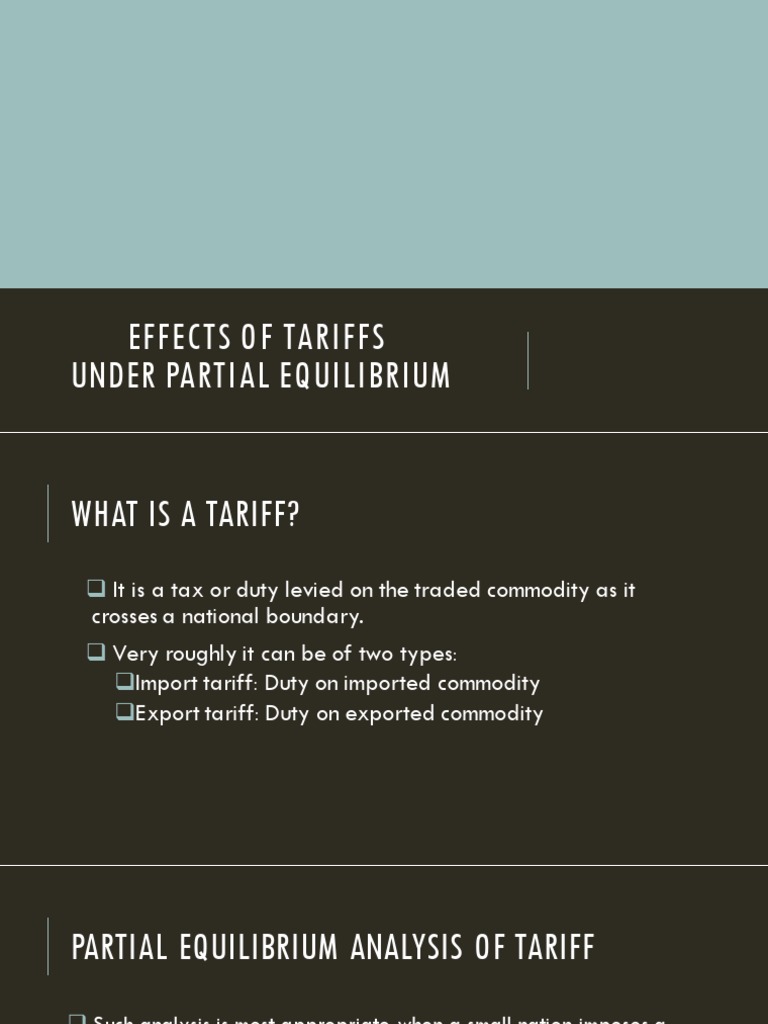
Audience
- Sentiment: Neutral
- Political Group: Moderate
- Age Group: 30-50
- Gender: Both
Overview
- UnitedHealth Group has launched a voluntary resignation program offering financial incentives for employees to leave.
- The program may lead to layoffs if enough employees accept the buyout, creating workplace anxiety.
- The company is facing challenges related to changing industry demands and scrutiny over its insurance practices.
UnitedHealth Group: A Glimpse into Change and Challenges in the Healthcare Industry
In the ever-evolving world of health care, companies face challenges that can affect their employees, services, and the people who rely on them. One such company is UnitedHealth Group, a giant in the healthcare industry based in Eden Prairie, Minnesota. Recently, they launched a voluntary resignation program that is creating a lot of buzz and concern among employees and the public alike. But what does this mean for those who work there and for the healthcare system as a whole? Let’s dive deeper into this situation and examine what it all entails.
The Buyout Program
First, let’s talk about what a voluntary resignation program is. This program invites certain employees to leave their jobs in exchange for a buyout—a financial incentive to depart. If you’ve ever heard of someone getting a bonus for leaving their job, that’s similar! In this case, employees who choose to participate will receive a severance package based on how long they’ve worked for the company. For example, if you’ve been with UnitedHealth Group for several years, the financial reward for leaving could be significant.
However, this initiative may seem a bit unsettling. Does this mean that many people will be leaving the company? The answer is not clear-cut. If enough employees take the buyout, layoffs may become necessary. Layoffs are always a serious topic and can create feelings of anxiety and uncertainty in a workplace. Employees may be worried about their job security, wondering if their positions will be safe or if they could be cut next.
What’s Behind the Change?
So why is UnitedHealth Group making these changes? The company has not provided a specific number of employees targeted for these buyouts, but it’s part of a larger strategy to adjust their workforce to meet evolving needs. Every industry goes through transformations—from the tech industry to automotive manufacturing. In this case, UnitedHealth is facing its own set of challenges that have prompted these changes.
One significant factor driving this decision is the recent divestiture of their hospital business in Brazil. Divestiture means that a company has chosen to sell or liquidate a part of its business. The healthcare giant sold its hospital business, and this decision likely prompted the need to reevaluate its workforce. This is a common occurrence in business; when a company changes its focus or direction, employee roles and numbers may shift accordingly.
The State of Employment at UnitedHealth Group
In addition to the buyout program, it’s important to understand the general landscape of employment at UnitedHealth. Currently, the number of job openings at the company has decreased significantly—now showing fewer than 1,500. For a company that employs about 19,000 people in Minnesota, this reduction in openings signals a larger trend of workforce contraction.
Imagine walking into your school and finding that the number of clubs and activities available has been cut in half. It would feel limiting, right? That’s similar to how employees at UnitedHealth might be feeling. They may be asking themselves, “What does this mean for my career?” or “Are there still opportunities for advancement?”
Challenges within the Healthcare Industry
UnitedHealth, like many other healthcare companies, is facing scrutiny over its insurance practices. This scrutiny can come from various sources, including government regulations, consumer advocacy groups, and even the public. When scandals or issues arise related to insurance practices—like claims denials or high premiums—it can affect consumer trust in the company. This loss of trust can translate into fewer customers and, consequently, a need for fewer employees.
Think of it like this—if you were participating in a school club that suddenly got bad reviews because of poor leadership, would you continue to be active? Probably not. UnitedHealth Group has to navigate public perception and industry demands, which can be challenging.
The Impact on Employees
For employees at UnitedHealth, this situation can be incredibly nuanced. On one hand, the buyout program might seem like an opportunity for some who are looking to transition out of their current roles. Perhaps they’ve been contemplating a career change or want to pursue a passion project. The buyout could provide them with the financial backing needed to make that leap.
On the other hand, for those who enjoy their work or feel secure in their positions, this news can be alarming. They might feel a sense of instability, worrying about whether their jobs are at risk. If enough people take the buyout, the company’s structure could change, potentially leading to more layoffs in the future.
Additionally, there’s the emotional impact to consider. Workplace relationships develop over time, and the potential for friends and colleagues to leave can create a somber atmosphere. It’s essential to acknowledge that while companies talk about numbers and statistics, individuals’ lives are intertwined within these decisions.
Looking Ahead
Change is part of any organization’s journey, and UnitedHealth Group is no exception. As they navigate this transitional phase, both employees and the community will be watching closely. The company’s ability to adapt and respond to ongoing industry pressures will be crucial in shaping its future.
But what does the future hold for UnitedHealth and its employees? The company may emerge stronger and more focused, but it could also face challenges. The key is adaptability; companies that can pivot effectively in response to their circumstances tend to fare better in the long run.
Engaging with Readers
As this story unfolds, it’s important to consider the various perspectives involved. Whether you’re an employee, a student learning about business, or just someone interested in the healthcare field, change is always a topic worth discussing.
Have you ever experienced a significant change in your own school or community? Maybe there was a new program that opened up opportunities, or a club that had to shut down. How did you feel about it?
I would love to hear your thoughts! What do you think about UnitedHealth Group’s decision? Do you believe buyouts are a good idea, or should companies find other ways to manage workforce changes? Join the conversation and share your thoughts in the comments below!





